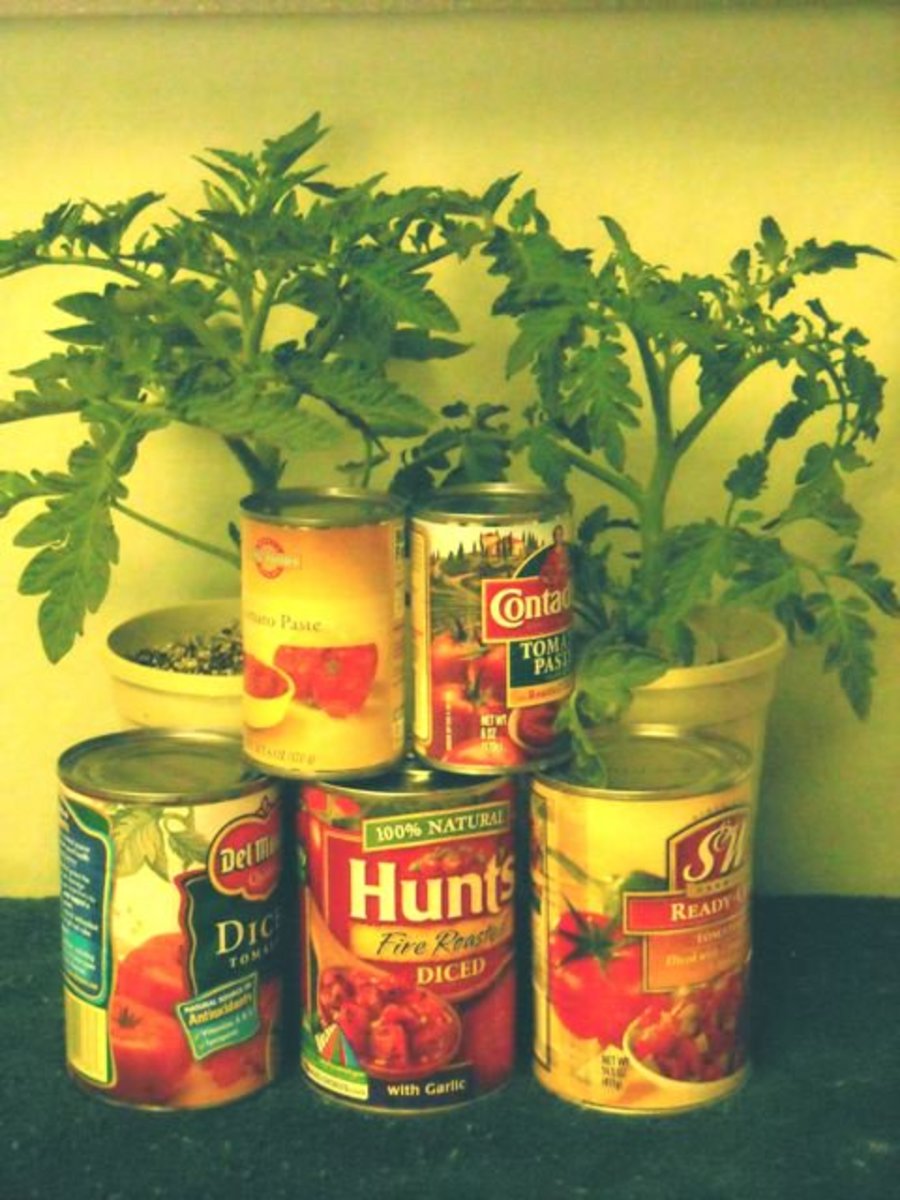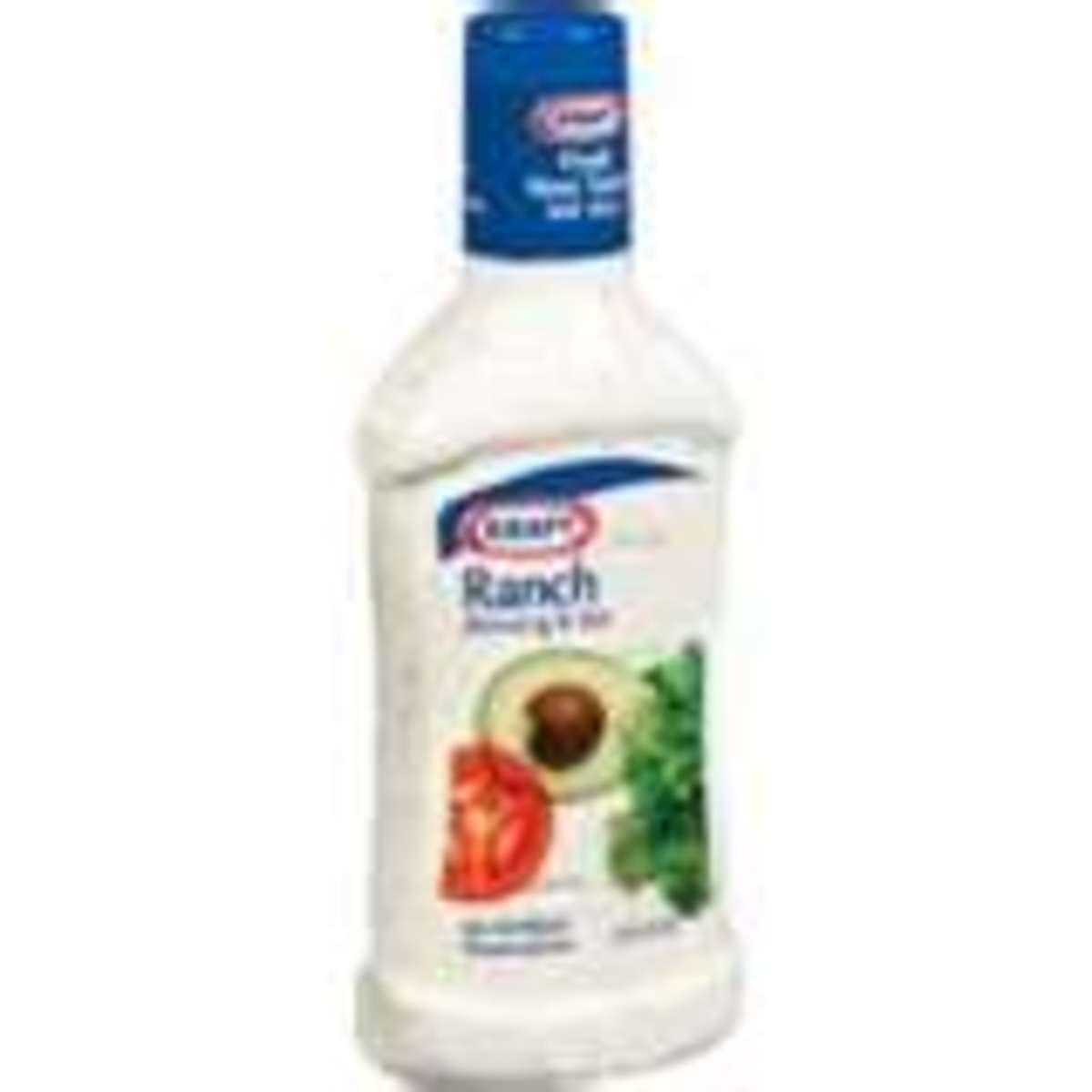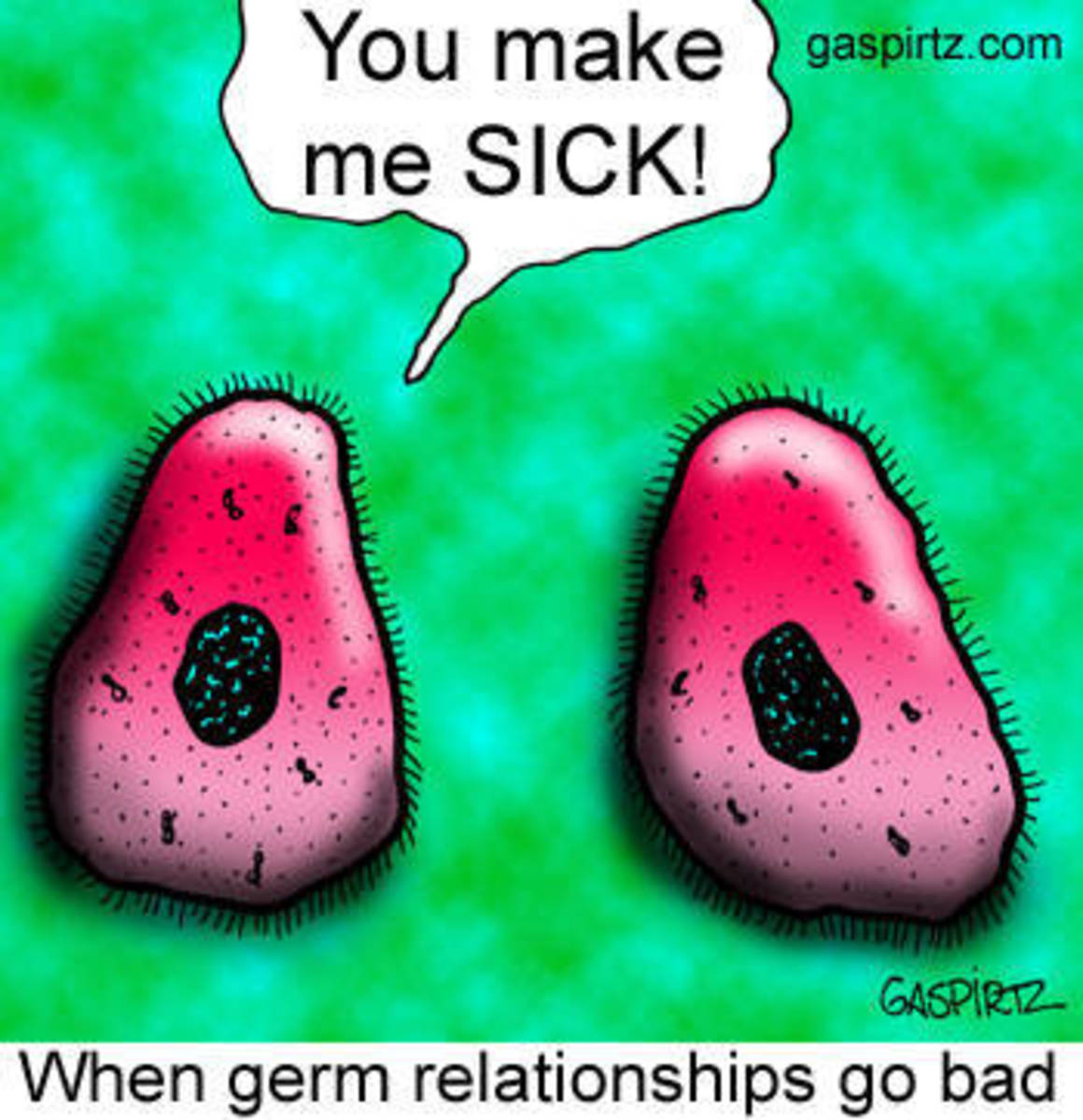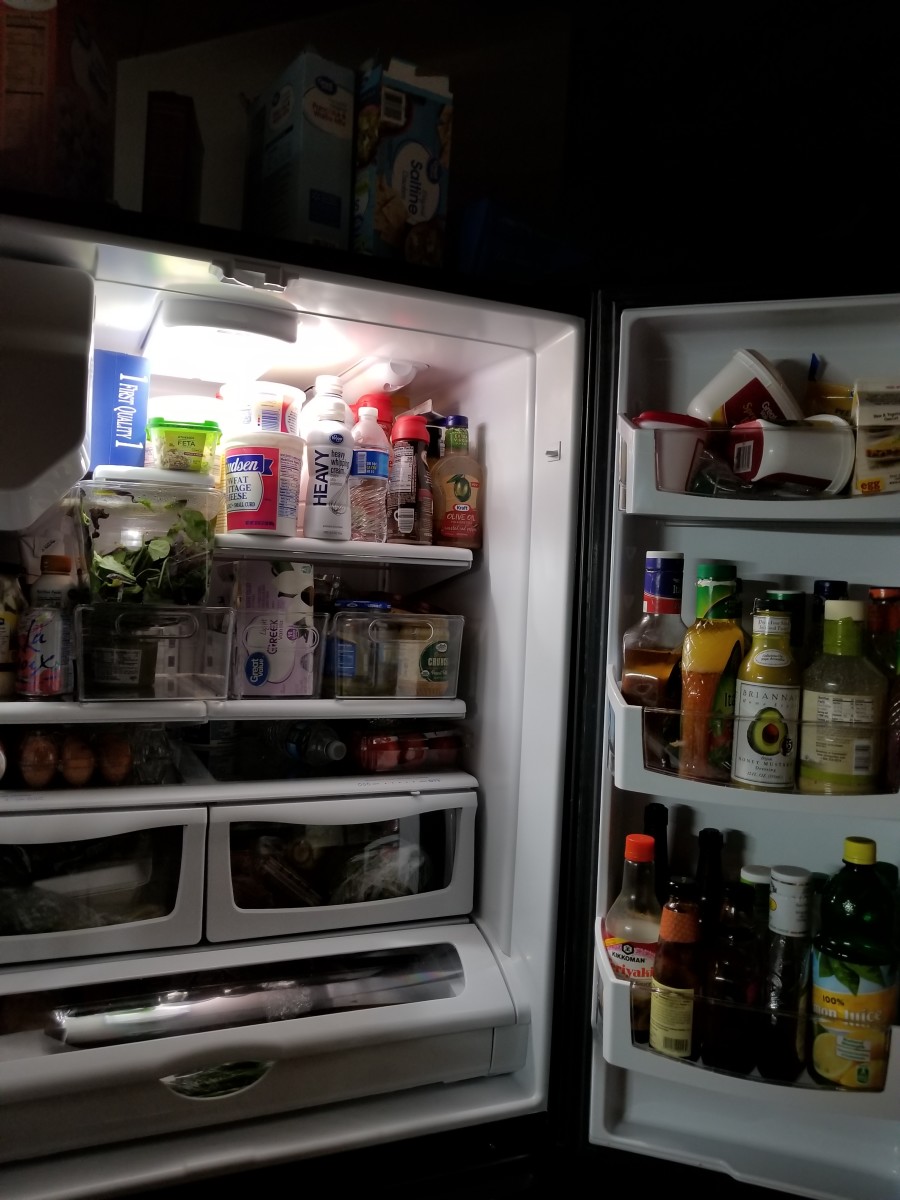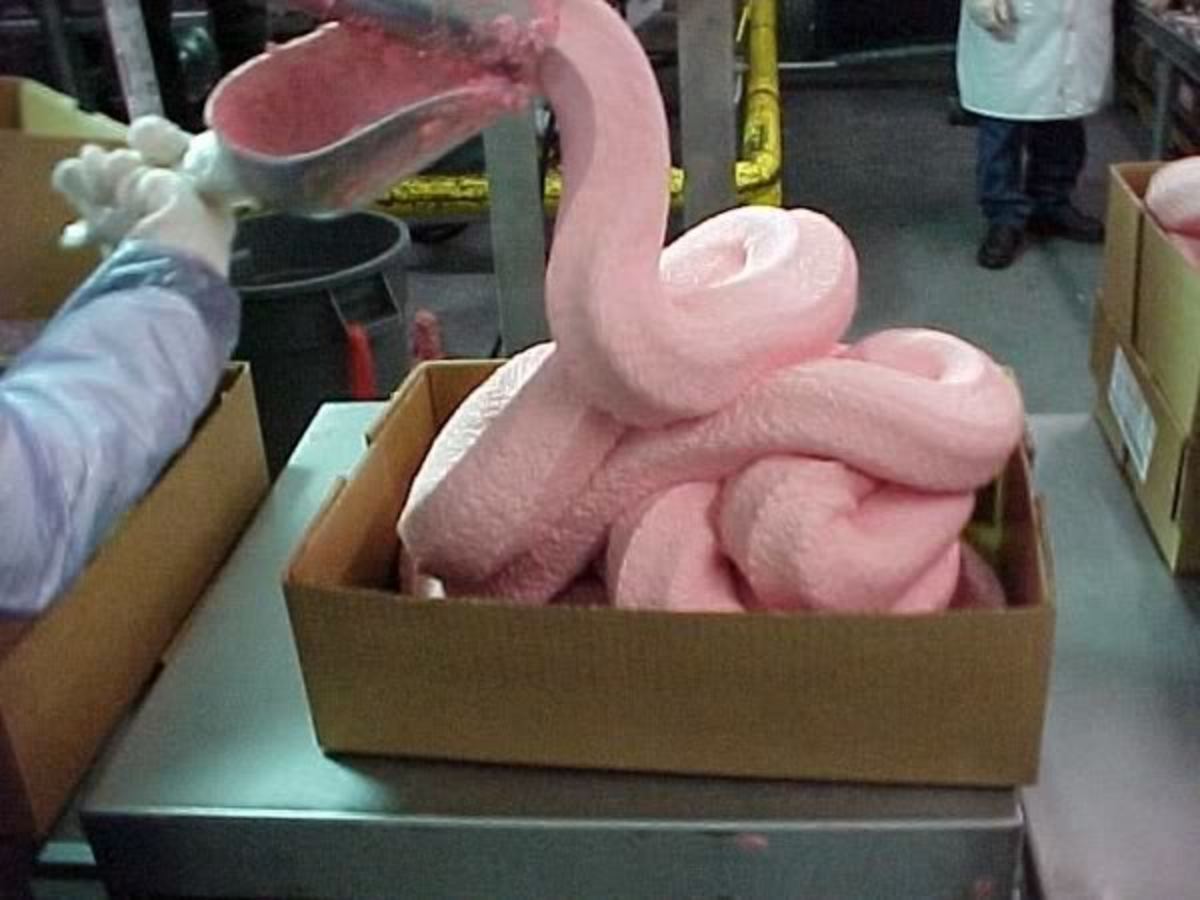Ill-Health Caused From Restaurant Foods?

Organic Recipes
Are Restaurant Foods Healthy?
When is the last time you went to your favorite restaurant and ordered what seemed to be a plethora of great food and wondered what impact you had on your bodies health? I do know when your young with fast metabolisms the effects of toxic food properties don't have a lasting, immediate, or initial impact as when you age and your metabolism begins to slow down. Studies regarding "food preservatives" point toward ill-health effects after many years of food chemical consumption before you actually become sick! High food chemical consumption also correlates with our youth demographics and reveals an increase of obesity and other health issues related to processed, or "fast foods!"
There are health signs provided that let you know food rejection within the body is occurring before the body becomes toxic. Food rejection is typically a feeling of bloat, flatulence, nausea, overly full, diarrhea, constipation, headache, sluggishness, sleepiness,dehydration, irritability, depression, skin rash and the list goes on. It is my personal experience that qualifies me to tell you that "many" restaurants are feeding you garbage. Think about it, as inflationary costs impact "all" businesses and industries; man is very innovative and uses creative ways to cut cost and quality of food ingredients. Many restaurants are greatly dependant on processed package & canned foods to keep their business profitable. Prepackaged foods require less prep time, reduced food and labor costs and greater profits to the establishment.
"When almost all organic foods came from farms, we where a far more healthy society. Now, factory-made foods have made chemical additives a significant part of our diet. Most people may not be able to pronounce the names of many of these chemicals, but they still want to know what the chemicals do and which ones are safe and which are poorly tested or possibly dangerous. A simple general rule about additives is to avoid sodium nitrite, saccharin, caffeine, olestra, acesulfame K, and artificial coloring. Not only are they among the most questionable additives, but they are used primarily in foods of low nutritional value. Also, don't forget the two most familiar additives: sugar and salt. They may pose the greatest risk because we consume so much of them. Fortunately, most additives are safe and some even increase the nutritional value of the food." (http://www.cspinet.org/reports/chemcuisine.htm).
Most restaurant foods taste great or their not in business for very long. Be sure to inquire if the food is fresh, or processed. Remember, processed foods have been preserved with man-made chemicals for long shelf life. There are now literally thousands of preservatives, food substitutes and imitation ingredients and other additives that have replaced organic foods. Don't you find it interesting that when you go into a grocery store, it is required by the FDA (Food & Drug Administration) that food ingredient labels require nutritional information be disclosed to the public. But when you go to a restaurant there is no requirement to disclose what ingredients, or what processed-organic foods make up the meal you order.
I believe the reason for "non-disclosure of restaurant food ingredients" has a lot to do with food industry(s) profits. If you educate the public too much, they'll find healthier eating consumption alternatives. If this behavioral change came to pass in a big way, an organic-farm restaurant chain industrial revolution would ensue ["I believe we are now in the infant stage of such an organic-farm restaurant industry"]. If this industry evolves in a big way, it could drive many current restaurant chains and/or food manufacturers out of business! "Remember, for industry and share holders "It's all about the money!" For our families, it should be about our health!
Be smart about your health and start asking questions about the foods you consume whether in a fine dinning, or fast food establishment.


